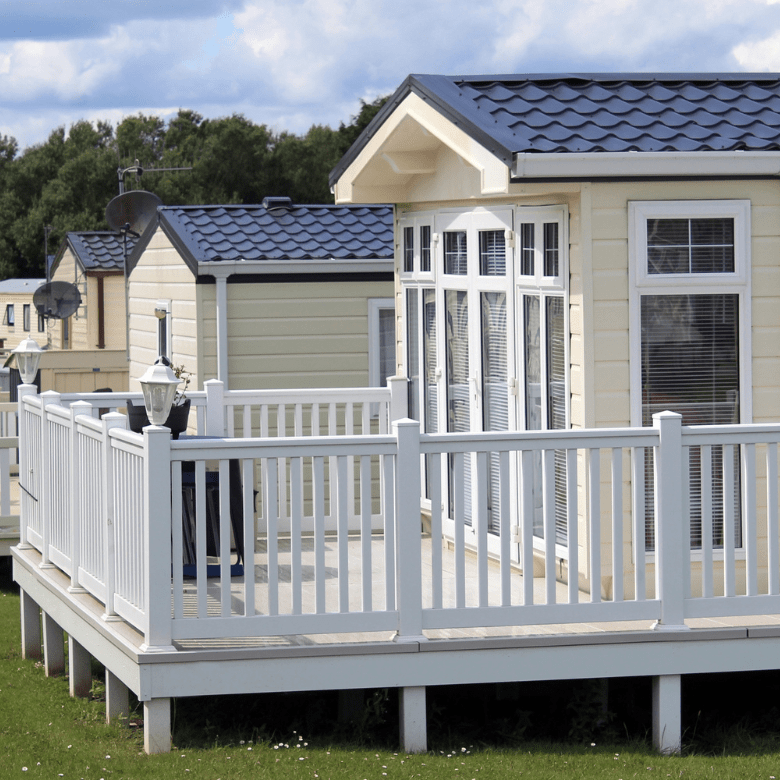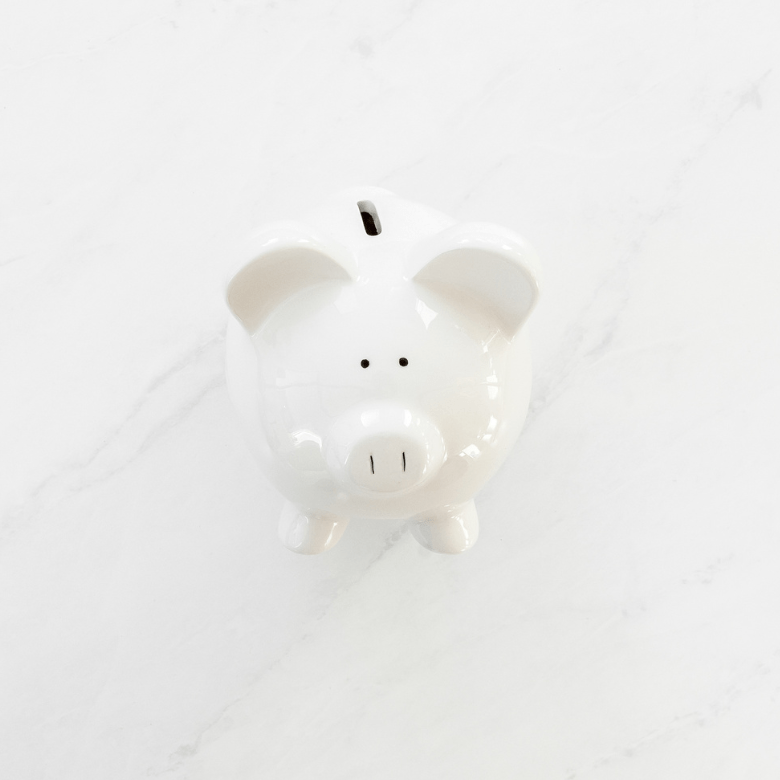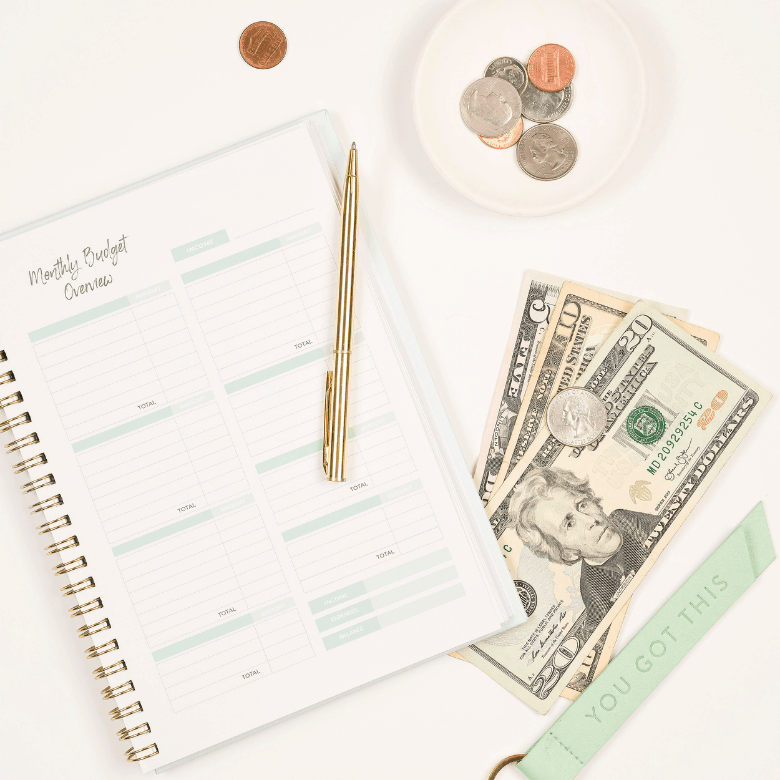How to Buy a Mobile Home with Bad Credit
Are you interested in buying a mobile home but worried about your bad credit? Don’t worry, you’re not alone. Many people face this challenge when trying to purchase a home. However, the good news is there are options available to help you buy a mobile home with bad credit.
One option is to consider seller financing. This means that the seller of the mobile home will act as the lender and finance the purchase themselves. Another option is to look into personal loans, which can be used to finance the purchase of a mobile home. You can also explore loans specifically designed for mobile homes, such as chattel loans.
Before you start the process of buying a mobile home with bad credit, it’s important to do your research and understand your options. In this article, we’ll walk you through the steps you need to take to buy a mobile home with bad credit. From exploring different loan options to improving your credit score, we’ll provide you with the information you need to make an informed decision.
Understanding Mobile Home Financing
If you’re looking to buy a mobile home with bad credit, understanding mobile home financing is crucial. Mobile homes are different from traditional homes, and therefore, the financing options are also different. In this section, we’ll cover the difference between mobile and manufactured homes and the types of mobile home loans available.
Difference Between Mobile and Manufactured Homes
First, it’s important to understand the difference between mobile and manufactured homes. Mobile homes were built before 1976, while manufactured homes were built after that year. Manufactured homes (also known as modular homes) are built to higher standards and are subject to federal regulations, while mobile homes are not.
Types of Mobile Home Loans
There are several types of mobile home loans available, including chattel loans, mortgages, FHA loans, VA loans, certain conventional loans, and personal loans. Chattel loans are loans for mobile homes that are not permanently affixed to a foundation. Mortgages are loans for mobile homes that are permanently affixed to a foundation. FHA loans are government-backed loans that are available to those with lower credit scores. VA loans are available to veterans and their families. Personal loans are unsecured loans that can be used for any purpose, including buying a mobile home.
It’s important to note that the requirements for each type of loan vary. For example, chattel loans typically have higher interest rates and shorter repayment terms than mortgages. FHA loans have lower credit score requirements than other types of loans, but they also have stricter requirements for the condition of the mobile home.
When considering mobile home financing, it’s important to do your research and understand the pros and cons of each type of loan. Look for lenders who specialize in mobile home financing and compare rates and terms from multiple lenders. With the right financing, buying a mobile home with bad credit is possible.
Assessing Your Credit Situation
If you are looking to buy a mobile home with bad credit, it is important to assess your credit situation before applying for a loan. This will help you understand your creditworthiness and give you an idea of what to expect when applying for a loan.
Importance of Credit Score
Your credit score is one of the most important factors lenders consider when deciding whether to approve your loan application. A credit score is a three-digit number that represents your creditworthiness and is based on your credit history. A higher credit score indicates that you are a lower-risk borrower, while a lower credit score indicates that you are a higher-risk borrower.
If you have bad credit, you may find it difficult to get approved for a loan or you may be offered a higher interest rate. Therefore, it is important to know your credit score before applying for a loan.
Obtaining Your Credit Report
To obtain your credit report, you can contact one of the three major credit bureaus: Equifax, Experian, and TransUnion. Each bureau may have slightly different information, so it is important to obtain a report from all three bureaus.
Your credit report will include information about your credit history, including your payment history, credit utilization, and any negative marks such as late payments or collections. Reviewing your credit report will help you identify any errors or inaccuracies that may negatively affect your credit score.
In conclusion, assessing your credit situation is an important step in buying a mobile home with bad credit. Knowing your credit score and reviewing your credit report will help you understand your creditworthiness and give you an idea of what to expect when applying for a loan.
Improving Your Creditworthiness
If you have bad credit, it’s important to take steps to improve your creditworthiness before applying for a mobile home loan. Here are some strategies that can help you repair your credit:
Strategies for Repairing Bad Credit
- Pay off debt: One of the most effective ways to improve your credit score is to pay off any outstanding debts, which will improve your debt-to-income ratio. Make a list of all your debts and prioritize paying off the ones with the highest interest rates first. Consider consolidating your debts into a single loan with a lower interest rate to make it easier to manage your monthly payments.
- Make payments on time: Late payments can have a significant negative impact on your credit score. Make sure to pay all your bills on time, including credit card payments, rent, and utilities. Consider setting up automatic payments to ensure you never miss a payment.
- Reduce your credit utilization: Your credit utilization ratio is the amount of credit you’re using compared to your total credit limit. Aim to keep your credit utilization ratio below 30%. If possible, pay off your credit card balances in full each month to avoid accruing interest.
- Check your credit report: Make sure to regularly check your credit report for errors or inaccuracies. If you find any errors, dispute them with the credit bureau to have them removed from your report.
Credit Counseling Services
If you need help improving your credit, consider working with a credit counseling service. These organizations can provide you with personalized advice and guidance on how to repair your credit. They can also help you develop a budget and create a debt repayment plan. Some reputable credit counseling services include:
- National Foundation for Credit Counseling: This nonprofit organization provides free or low-cost credit counseling services to consumers. They can help you develop a budget, create a debt repayment plan, and negotiate with creditors on your behalf.
- Money Management International: This nonprofit organization offers credit counseling services, debt management plans, and financial education resources. They can also help you create a budget and develop a savings plan.
Improving your creditworthiness takes time and effort, but it’s worth it in the long run. By taking steps to repair your credit, you’ll be in a better position to qualify for a mobile home loan and achieve your homeownership goals.
Exploring Bad Credit Loan Options
If you have bad credit and are looking to buy a mobile home, you may feel like your options are limited. However, there are several loan options available to you. In this section, we will explore some of the most common bad credit loan options.
FHA Loans and VA Loans
If you have a credit score of 500 or higher, you may be able to qualify for an FHA loan. FHA loans are backed by the Federal Housing Administration and are designed to help people with lower credit scores buy homes. To qualify for an FHA loan, you will need to put down at least 10% of the purchase price of the mobile home.
Another option to consider is a VA loan. VA loans are backed by the Department of Veterans Affairs and are available to veterans and active-duty military members. If you qualify for a VA loan, you may be able to buy a mobile home with no down payment.
Subprime Lenders and Interest Rates
If you are unable to qualify for an FHA or VA loan, you may want to consider working with a subprime lender. Subprime lenders specialize in working with people who have bad credit and may be able to offer you a loan with a higher interest rate.
It is important to note that subprime loans often come with higher interest rates and fees than traditional loans. Before agreeing to a loan, make sure you understand the terms and conditions and how much the loan will cost you over time.
In conclusion, there are several loan options available to people with bad credit who are looking to buy a mobile home. By exploring your options and working with a reputable lender, you can find a loan that fits your needs and budget.
Down Payment and Loan Terms
If you have bad credit, you may have to pay a higher interest rate on your mobile home loan. However, you can still qualify for a loan with a down payment and good loan terms. Here are some things to consider when calculating your down payment and understanding loan terms and conditions.
Calculating Down Payment
When you have bad credit, you may need to make a larger down payment to qualify for a loan. Most lenders require a down payment of 5% to 10% of the loan amount, but some may require up to 20%. You can use online calculators to estimate your down payment based on the price of the mobile home and your credit score.
Understanding Loan Terms and Conditions
Loan terms and conditions can vary depending on the lender, but they generally include the loan amount, interest rate, and loan term. The loan amount is the total amount of money you borrow, while the interest rate is the percentage of the loan amount that you pay in interest each year. The loan term is the length of time you have to pay back the loan.
When you have bad credit, you may have to accept less favorable loan terms and conditions. However, you can still shop around for lenders to find the best loan for your situation. Look for lenders that specialize in mobile home loans or offer loans to borrowers with bad credit or a low credit score.
Remember that a mobile home loan is a secured loan, which means that the mobile home serves as collateral for the loan. If you default on the loan, the lender can repossess the mobile home. Make sure you understand the loan terms and conditions before signing a loan agreement.
By calculating your down payment and understanding loan terms and conditions, you can increase your chances of getting approved for a mobile home loan with bad credit.
Finding the Right Lender
If you have bad credit, finding the right lender for your mobile home financing can be a challenge. However, it’s not impossible. Here are some tips to help you find the right lender:
Comparing Lenders and Loan Offers
It’s important to shop around and compare lenders and loan offers before making a decision. Look for lenders who specialize in mobile home financing and have experience working with borrowers who have bad credit. You can use online resources to compare lenders and loan offers or work with a mortgage broker who can help you find the best options.
When comparing loan offers, pay close attention to the interest rate, fees, and repayment terms. Make sure you understand the total cost of the loan and how much you will be paying each month. Don’t be afraid to ask questions or negotiate terms if you feel like you’re not getting a fair deal.
Credit Unions and Personal Loans
Credit unions are another option to consider when looking for mobile home financing with bad credit. How are they different from traditional banks? Credit unions are not-for-profit organizations that are owned by their members. They often offer lower interest rates and more flexible repayment terms than traditional banks.
Another option is to consider a personal loan from a friend or family member. While this can be a good option if you have a close relationship with someone willing to lend you the money, it’s important to treat the loan like a business transaction. Make sure you have a written agreement that outlines the terms of the loan, including the interest rate, repayment terms, and consequences for late or missed payments.
In summary, finding the right lender for your mobile home financing with bad credit can take some time and effort. However, by shopping around, comparing loan offers, and considering alternative options like credit unions and personal loans, you can increase your chances of finding a lender who is willing to work with you.
The Role of Government Programs
If you have bad credit, you may be eligible for government programs to help you buy a mobile home. These programs can provide support in the form of loans or grants. Here are some of the most popular government programs to help you buy a mobile home with bad credit:
Federal Housing Administration Support
The Federal Housing Administration (FHA) offers loans specifically for manufactured homes. These loans are often more accessible for those with bad credit, as the FHA’s requirements are more lenient than those of traditional lenders. With an FHA loan, you can get a loan with a down payment as low as 3.5% and a minimum credit score as low as 580. However, keep in mind that the FHA has loan limits that vary by location, so be sure to check the limit in your area.
USDA Rural Housing Loans
If you’re looking to buy a mobile home in a rural area, you may be eligible for a USDA Rural Housing Loan. These loans are backed by the Department of Agriculture and are designed to help low- and moderate-income families buy homes in rural areas. To qualify for a USDA loan, you need to have a credit score of at least 640, but keep in mind that some lenders may require a higher score. You also need to meet income requirements and the home you’re buying must be located in a USDA-eligible area.
Keep in mind that government-backed loans often have stricter requirements than traditional loans. For example, you may need to provide more documentation or meet income limits. However, these loans can be a good option if you have bad credit and are struggling to get approved for a traditional loan.
Preparing for the Purchase
Selecting the Mobile Home
When buying a mobile home with bad credit, it’s important to select a new home that fits within your budget. Consider purchasing a used mobile home as they are often more affordable than new ones. You can find used mobile homes for sale through online classified ads, mobile home dealerships, or by attending auctions. Before making a purchase, ensure that the mobile home is in good condition and meets your needs.
Negotiating with Mobile Home Dealers
When negotiating with mobile home dealers, it’s important to keep in mind that they are in the business of making money. Be prepared to negotiate and stand your ground on the price. You can also negotiate for additional perks such as free delivery or installation. It’s important to read the contract carefully before signing and ensure that you understand all the terms and conditions.
When preparing to purchase a mobile home with bad credit, it’s important to do your research and be prepared. Consider purchasing a used mobile home and negotiate with mobile home dealers to ensure that you get the best deal possible. By taking these steps, you can make the process of buying a mobile home with bad credit easier and more affordable.
Closing the Deal
Congratulations! You’ve made it to the final step of buying your mobile home with bad credit: closing the deal. This is where you’ll finalize the sale and transfer ownership of the home to you. Here’s what you need to know:
Understanding Closing Costs and Fees
Closing costs are the fees associated with finalizing the purchase of your mobile home. These fees can include things like title search fees, appraisal fees, and attorney fees. Closing costs can vary depending on the lender and the state you’re in, but they typically range from 2% to 5% of the purchase price of the home.
It’s important to understand what closing costs you’ll be responsible for and how much they’ll be before you sign on the dotted line. You can negotiate with the seller to see if they’re willing to cover some of the closing costs, but be prepared to pay at least some of them yourself.
Finalizing the Sale and Transfer of Ownership
Once you’ve agreed on the purchase price and any contingencies have been met, it’s time to finalize the sale and transfer ownership of the home to you. This is typically done at a closing meeting, where all parties involved in the sale will sign the necessary paperwork.
During the closing meeting, you’ll need to pay any remaining closing costs and the down payment on the home. You’ll also need to sign the loan documents and any other paperwork required by your lender.
Once all the paperwork has been signed and the funds have been transferred, you’ll officially become the owner of your mobile home. Congratulations!
It’s important to note that if you’re financing your mobile home, the lender will likely place a lien on the home until the loan is paid off. This means that if you default on the loan, the lender can repossess the home.
In summary, closing the deal on a mobile home with bad credit can be a bit more complicated than a traditional home purchase. However, by understanding the closing costs and fees and finalizing the sale and transfer of ownership, you’ll be well on your way to becoming a mobile homeowner.
After Purchase Considerations
Congratulations on purchasing your mobile home! Now that you have your own place, it’s important to consider a few things to ensure that your investment lasts a long time.
Setting Up a Permanent Foundation
One of the first things you’ll want to consider is setting up a permanent foundation for your mobile home. This will not only make your home more secure, but it can also increase its value. You can choose from different types of foundations, including a concrete slab, piers, or a basement. Before making a decision, make sure to check with your mobile home park or manufactured home community to see if there are any specific requirements.
Maintenance and Home Warranties
Just like any other home, a mobile home requires regular maintenance to keep it in good condition. This includes things like cleaning gutters, checking for leaks, and replacing filters. It’s also a good idea to invest in a home warranty to cover any unexpected repairs. Many companies offer warranties specifically for mobile homes, so make sure to do your research and find one that fits your needs and budget.
In addition to these considerations, it’s important to keep in mind any specific rules or regulations set by your mobile home park or community. Some parks may have restrictions on things like landscaping or exterior modifications, so make sure to check before making any changes. By taking these steps, you can ensure that your mobile home remains a comfortable and secure place to live for years to come.







